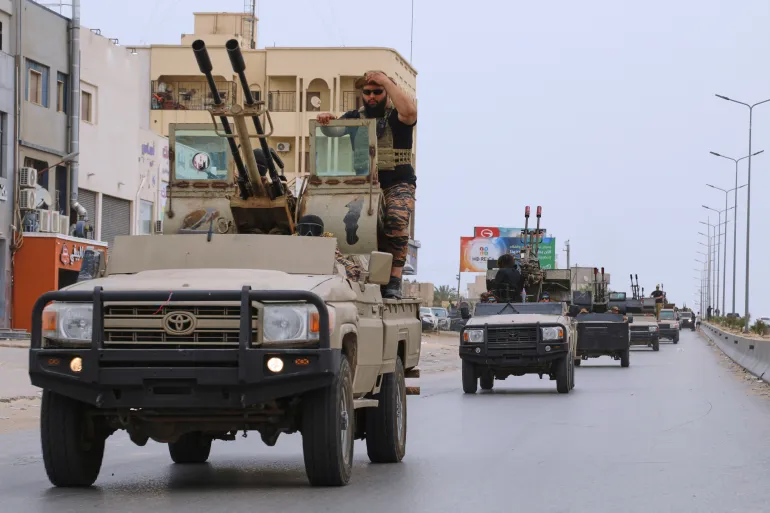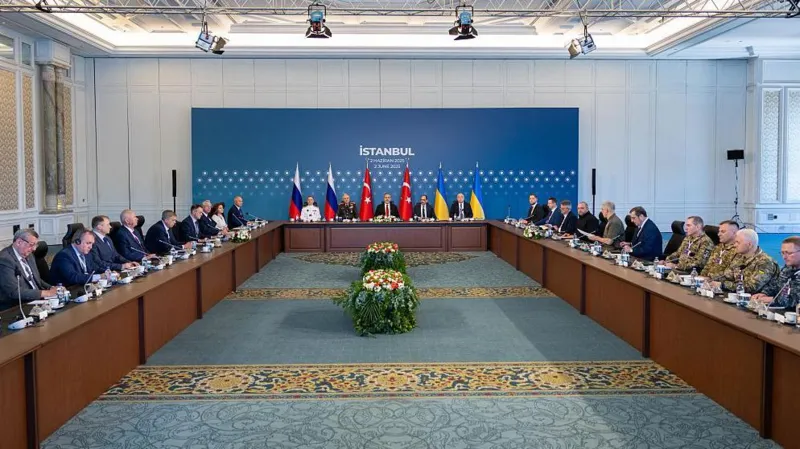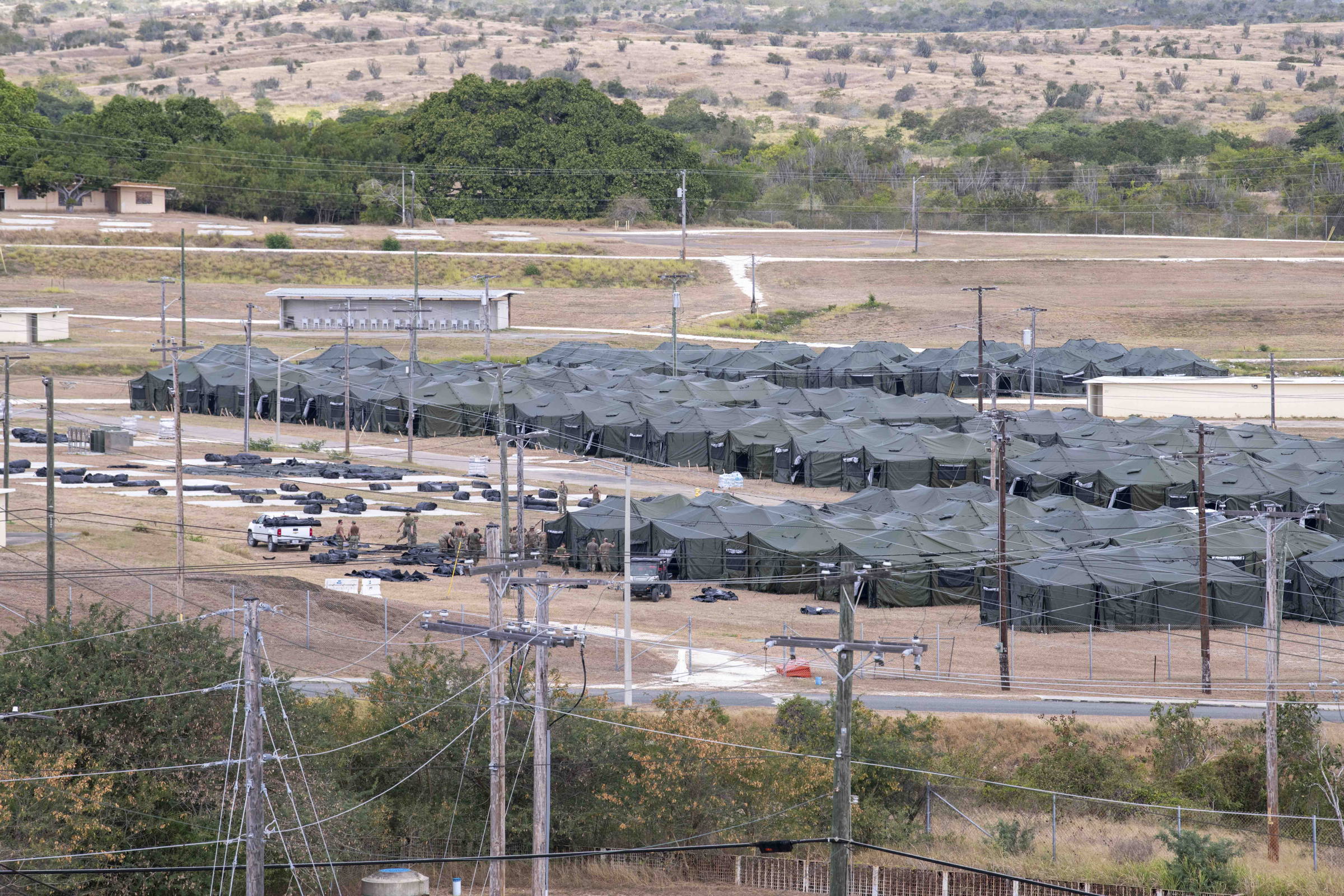On May 14, 2025, the United Nations Mission in Libya (UNSMIL) called for an immediate ceasefire in Tripoli after violent clashes erupted following the assassination of Abdel Ghani al-Kikli, a prominent militia leader. The fighting, involving rival armed groups, has raised concerns about the potential for a broader conflict in the capital.
Background of the Conflict
The unrest began on May 12 when Abdel Ghani al-Kikli, also known as “Ghaniwa,” leader of the Stability Support Apparatus (SSA), was killed during a meeting at the Tekbali military camp. The meeting was reportedly convened to de-escalate tensions among armed factions. However, guards from the rival 444th Brigade exchanged fire outside the gathering, leading to al-Kikli’s death.
Following the assassination, the 444th Brigade and its allies launched attacks on SSA offices across Tripoli, seizing assets and detaining dozens of SSA fighters. The clashes intensified, spreading to multiple neighborhoods, including Ras Hassan, Al-Jaraba Street, and the Al-Saqqa Mosque. Key infrastructure, such as Tripoli’s seaport and the al-Ruwaimi prison, came under the control of the 444th Brigade. Reports also indicated that prisoners escaped from Al-Jadida prison amid the chaos.
UN’s Response and Call for Ceasefire
UNSMIL expressed deep concern over the escalating violence, emphasizing the need to protect civilians and civilian infrastructure. The mission warned that the situation could “spiral out of control” and reiterated its call for an immediate, unconditional ceasefire. UNSMIL also urged the establishment of safe corridors to evacuate civilians trapped in conflict zones.
“Attacking and damaging civilian infrastructure, physically harming civilians, and jeopardizing the lives and safety of the population may constitute crimes under international law,” UNSMIL stated, adding that those responsible would be held accountable.
Government’s Measures to Restore Order
In response to the violence, the Government of National Unity (GNU), led by Prime Minister Abdul Hamid Dbeibah, announced a ceasefire and deployed neutral police units to secure sensitive locations. The Ministry of Defence reported that regular forces, in coordination with relevant security authorities, had begun taking necessary measures to ensure calm.
Despite these efforts, clashes continued between the 444th Brigade and the Special Deterrence Force (Rada), the last major Tripoli faction not aligned with Dbeibah. The fighting has raised fears of a broader conflict, as factions from outside Tripoli could be drawn in.
Impact on Civilians and Infrastructure
The violence has had a significant impact on civilians, with reports of gunfire in residential areas and the use of light and medium weapons. Residents described the situation as “terrorizing,” with families seeking shelter to avoid random shelling. Flights at Mitiga International Airport were suspended, schools were canceled, and districts were deserted.
The clashes have also led to the looting and destruction of public and private property, further exacerbating the humanitarian situation. UNSMIL has called upon GNU authorities to conduct prompt and impartial investigations into these incidents.
Conclusion
The recent clashes in Tripoli underscore the fragile stability in Libya and the urgent need for a comprehensive political solution. The UN’s call for calm and the GNU’s efforts to restore order are critical steps toward preventing further escalation. However, lasting peace will require addressing the underlying political divisions and ensuring accountability for those responsible for the violence.
Source; Al Jazeera



